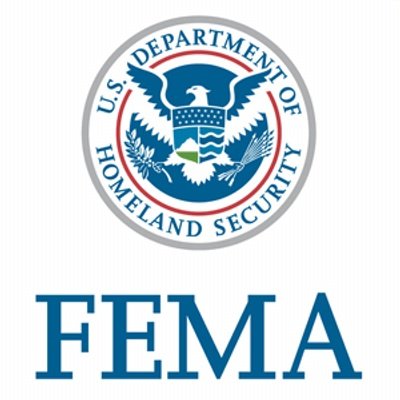Louisiana Cajun Navy rescues thousands, inspires many more
Style Magazine Newswire | 8/24/2018, 5:35 p.m.
AUSTIN, Texas — If Clyde Cain had to guess, he’d say the Louisiana Cajun Navy rescued 8,000 to 10,000 Houstonians during the flooding that followed Hurricane Harvey last year. But, he’s really not sure.
“I don’t ever focus on that number … because you don’t have really time to pay attention to that,” said the founder and chief executive officer of the Louisiana Cajun Navy. “The only number that will always matter to me is how many people didn’t get saved. How can we make that number zero?”
Cain and his fellow sailors have been rescuing people from flooded areas since Hurricane Katrina hit Louisiana in 2005. When Harvey tore through south Texas last year, the Cajun Navy was ready to deploy, but not until their help was requested.
“We’re not here to supersede anybody,” Cain said. “My whole point from the beginning [of founding this organization] was to work with other groups. … We came here to be assistance.”
In Houston, many of the local first responders were trapped by Harvey’s floodwaters. The Cajun Navy, which Cain refers to as “second responders,” came to the rescue, enabling first responders to get out and do their jobs helping others.
Then they set out through the city, clearing areas zone-by-zone to make sure nobody was left behind. Sometimes Cain’s crews and the people they rescued didn’t speak the same language, but trust was not an issue.
“They just get in the boat with you, and they know you’re there to save them,” Cain said. “It doesn’t matter if we speak their language. … They understand that we’re rescuing them and we care about them.”
Volunteering with the Cajun Navy is not an easy job. It is physically demanding, and Cain said he has had night terrors from the things he has seen.
“It’s real dangerous,” he said, “and there’s real people’s lives at risk.”
Cain knows not everybody can help people the way the Cajun Navy does, but there is room for everyone to make a difference in someone’s life.
“We’re just out here trying to inspire others to do what we do,” Cain said. “Everybody has a storm in their life. It doesn’t have to wait until a hurricane. … I believe we just need to get back to the basics of helping each other.”
For additional information on Hurricane Harvey and Texas recovery, visit the Hurricane Harvey disaster web page at www.fema.gov/disaster/4332, Facebook at www.facebook.com/FEMAharvey, the FEMA Region 6 Twitter account at www.twitter.com/FEMARegion6 or the Texas Division of Emergency Management website at https://www.dps.texas.gov/dem/.




